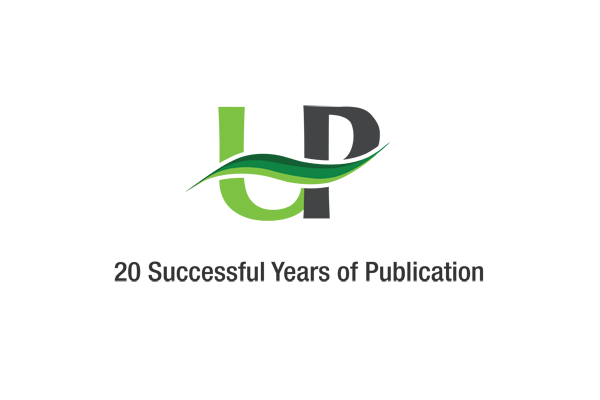|
|
Diplomacy will play a major role in achieving stability in Afghanistan and across Central Asia with the United States lacking many military options as it pivots resources towards the Asia-Pacific and Russia reluctant to get stuck in another quagmire, all while doubts loom over the Taliban (outlawed in Russia) desire for a ceasefire, experts told Sputnik.
The next high-level meeting between the Taliban and Afghan delegations in the Qatari capital of Doha is expected to take place in August. Although negotiations appear to remain alive, Afghan President Ashraf Ghani said earlier in July that he believes the Taliban have no desire to establish peace in Afghanistan.
US Central Command (CENTCOM) Commander Gen. Frank McKenzie disclosed last week that the United States has increased airstrikes against the Taliban in support of Afghan forces over the last several days and is prepared to continue them in the coming weeks if the Taliban continues its attacks.
The Taliban have made significant military gains in recent months amid the US troop withdrawal, which the Pentagon says is more than 95 percent complete – a campaign that has threatened Afghanistan‘s neighbors. Last week, the Taliban told Sputnik that it now controls 90% of Afghanistan‘s borders with Tajikistan, Uzbekistan, Turkmenistan, and Iran.
In a call last week, US President Joe Biden and Ghani said they agreed the Taliban‘s current offensive contradicts the movement’s claim to support a negotiated settlement. On Wednesday, US Secretary of State Antony Blinken warned the Taliban that it will not gain the international recognition it seeks and lifting of sanctions if it takes over Afghanistan by force.
On Tuesday, Russian Ambassador to the US Anatoly Antonov told Sputnik Washington and Moscow have overlapping interests in Afghanistan and said it is important to launch the process of substantive negotiations between Kabul and the Taliban and form a new coalition transitional leadership.
“Diplomacy is the name of the New Belt and Road Great Game,” foreign policy experts Elizabeth Gould and Paul Fitzgerald told Sputnik, referring to China‘s regional development initiative.
Gould and Fitzgerald were the first two Western journalists the Afghan communist government allowed back in the country during the 1980s. However, they do not believe the Taliban want to sustain the internecine warfare that has plagued the country since King Zahir Shah was ousted in a family coup in the early 1970s.
“The Taliban want legitimacy and a renewed civil war won’t serve their goals,” the authors of several books on Afghanistan said. “Neither will it serve Pakistan‘s long sought desire to control Afghanistan by keeping it in chaos – when it will only benefit by joining in a full partnership in the Belt and Road initiative.
History repeats itself as Afghanistan proves again to be a game changer for great powers and the United States is no exception, Gould and Fitzgerald added.
“Washington should come to grips that its role on the world stage has changed and accept the fact that its military empire has come to an end,” Gould and Fitzgerald said. “All the US can do now is hinder Russia and China from succeeding. The US failure is colossal… Afghanistan is the roundabout of Central Asia. It’s a key hub for trade and the US just lost it.”
Russia has been projecting military power into Central Asia since 2012, which is expected given its historically strategical position in the region, but it is highly doubtful Moscow will be drawn into another quagmire in Afghanistan, especially after watching the United States withdraw, the authors said.
The Russian Central Military District said some one thousand Russian servicemen will take part in joint counterterrorism military drills in Tajikistan along with troops from Uzbekistan in August near the Tajik border with Afghanistan. More than 1,500 servicemen and around 300 units of weapons and military equipment from the three countries are set to be involved in the drills.
Michael O’Hanlon, who specializes in US defense strategy at the Brookings Institution, told Sputnik he expects the United States to prioritize finding ways for contractors to provide technical support and maintenance for the Afghan Air Force.
“Providing American airpower in support of Afghan police and soldiers in the event of a major Taliban attack would be a big help too, but also a big decision by President [Joe] Biden that I cannot confidently predict,” O’Hanlon said.
Although a ceasefire seems a possible option for the Taliban, some say the likelihood of that happening is not very promising.
Last week, Joint Chiefs of Staff Chairman Mark Milley said about half of the 419 district centers in Afghanistan are under Taliban control, but they have not taken over any of the 34 provincial capitals in the country.
O’Hanlon doubts international legitimacy is enough to persuade the Taliban to halt its advance.
“The ceasefire and Pakistan ideas are theoretically appealing but practically and pragmatically unpromising,” O’Hanlon said. “It won’t be enough by itself [legitimacy]. The Taliban think they are winning and think they will win – comprehensively and across the country. I am not sure they are right. But I am confident that is what they now believe. And our departure won’t tend to change that view, I’m afraid.”
O’Hanlon also warned that a Taliban takeover of Kabul could lead to the formation of a nation-wide caliphate with at least some toleration for the al-Qaeda terrorist group (outlawed in Russia).
